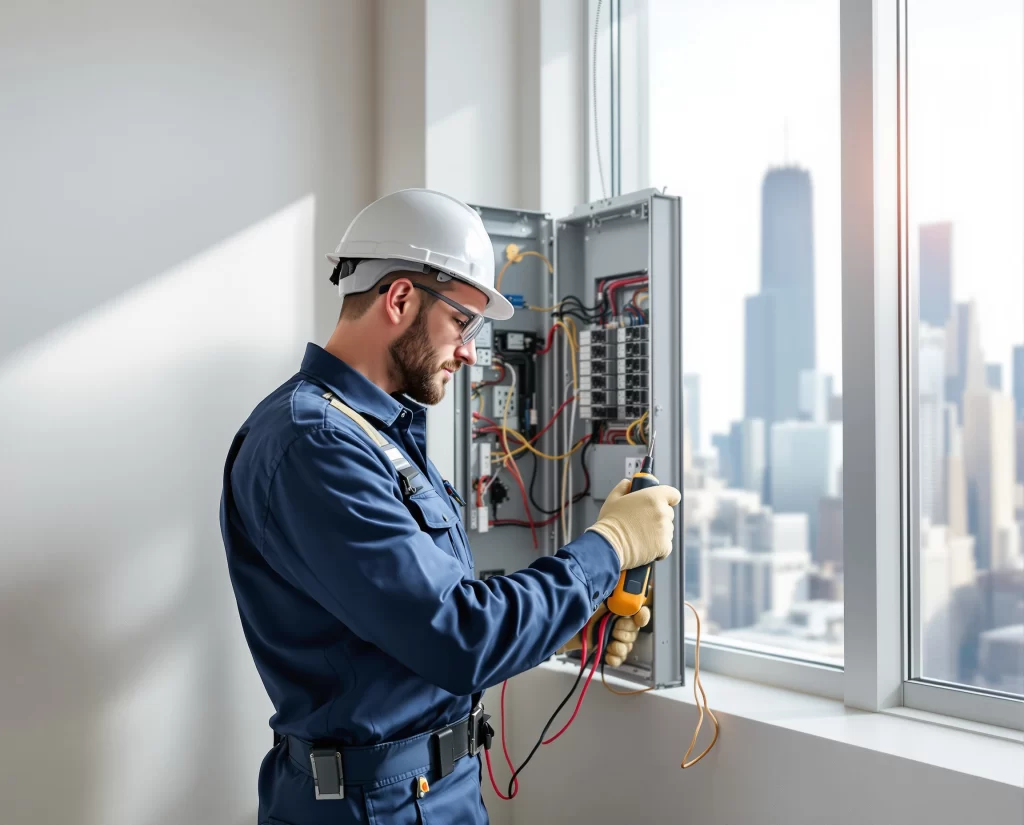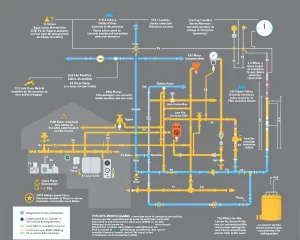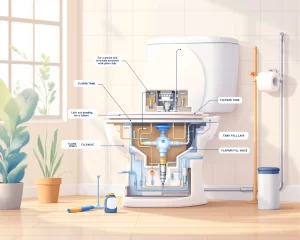Electrical Wiring: Power My Future Safely
As someone who values the safety and functionality of my home, I understand how crucial it is to ensure that my electrical wiring is up to standard. Working with electrical systems can seem daunting, but knowing more about electrical wiring helps me make informed decisions. In this article, I’ll guide you through everything I need to know about electrical wiring, from understanding the basics to recognizing when it's time to call in professionals.
Understanding Electrical Wiring Basics
Electrical wiring forms the backbone of my home’s electrical system. It's vital to know what I’m dealing with to ensure safety and efficiency.
Types of Electrical Wiring
Familiarizing myself with the various types of wiring can help me make informed choices for my home:
- Non-Metallic Sheathed Cable (NM): Commonly used in residential buildings.
- Metallic Conduit Wiring: Offers added protection against physical damage.
- Underground Feeder Cable (UF): Used for outdoor and underground installations.
Importance of Choosing the Right Wire
It’s essential to choose the correct wire gauge to prevent overheating and ensure proper load capacity.
Signs That I Need an Upgrade
Knowing when my wiring needs an upgrade can prevent dangerous situations. Here are some signs to look for:
- Frequent circuit breaker trips
- Flickering lights
- The presence of tingling sensations when touching devices
DIY Electrical Wiring: Risks and Considerations
While I may feel tempted to handle my wiring projects myself, I need to be cautious. Working with electricity is inherently dangerous.
Key Benefits of Hiring Electrical Wiring Professionals
Trusting professionals with my electrical wiring has several advantages, including:
- Safety Assurance: Electricians have training and experience to handle hazardous situations.
- Code Compliance: Professionals ensure that all work meets local building codes.
- Time Efficiency: Experts complete the job faster, allowing me to enjoy my space sooner.
Testimonials
“I’m blown away by the results! Quick and efficient. They exceeded all my expectations.” — Alex G., Detroit, MI
“They made everything so easy! I saved time and effort. Highly recommend!” — Taylor M., Detroit, MI
“I can’t stop telling everyone about this! It was the best choice I made all year.” — Jamie P., Detroit, MI
Common Electrical Wiring Myths
There's a lot of misinformation about electrical systems. I've come across myths that could lead to mishaps:
- Myth: I can always replace outlets with whatever I find available.
- Truth: I need to use the correct outlet type to ensure compatibility and safety.
Electrical Wiring Maintenance Tips
To make sure my electrical system remains in optimal condition, regular maintenance is key.
- Check for frayed wires
- Update any outdated components
- Schedule routine electrical inspections
Did You Know?
Did you know that outdated or improperly installed electrical wiring is a leading cause of house fires? Ensuring safe installation can significantly reduce this risk.
TL;DR Summary
- Understanding types of electrical wiring is essential for safe home setup.
- Upgrading my wiring can prevent dangerous situations.
- Hiring professionals ensures safety, compliance, and time efficiency.
- Regular maintenance is crucial for my home's electrical longevity.
FAQs
1. How can I tell if my electrical wiring is outdated?
If my home is over 20 years old, or if I'm experiencing frequent electrical issues, it's time to consult a professional electrician to inspect my wiring.
2. Is it safe for me to do my own electrical wiring?
While minor projects may seem manageable, I should always consider hiring a professional for any significant electrical work to ensure safety and compliance with codes.
3. What should I do if I smell burning wires?
If I notice a burning smell, I should immediately switch off power to the affected area and contact a professional electrician. This could indicate a serious problem that needs urgent attention.
4. How often should I have my electrical system inspected?
It's recommended to have a professional inspection at least once every ten years, or more frequently if I live in an older home or am experiencing issues.
5. Can I upgrade my home’s electrical panel myself?
Upgrading an electrical panel should only be conducted by a licensed electrician since it's complex and involves working with high voltage. Safety is paramount.





